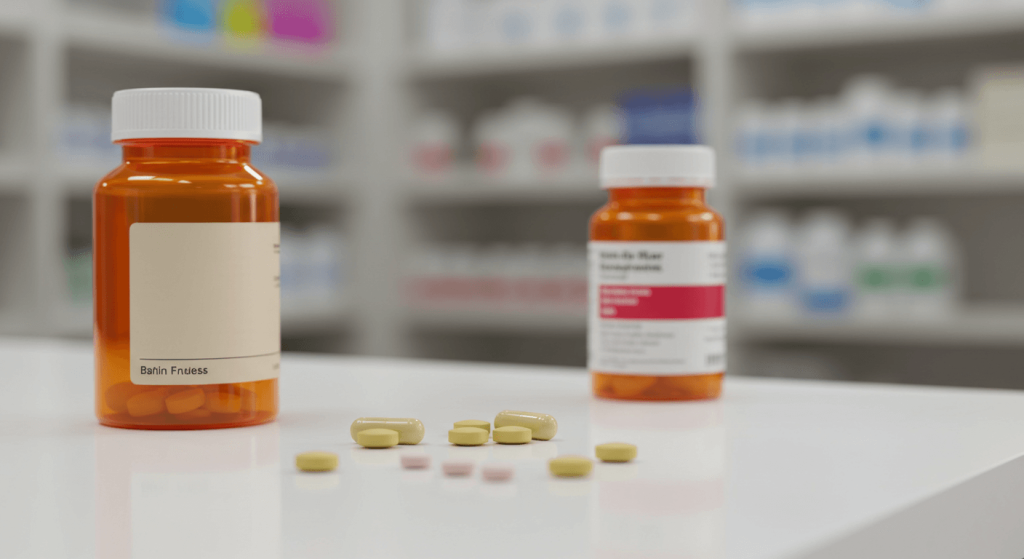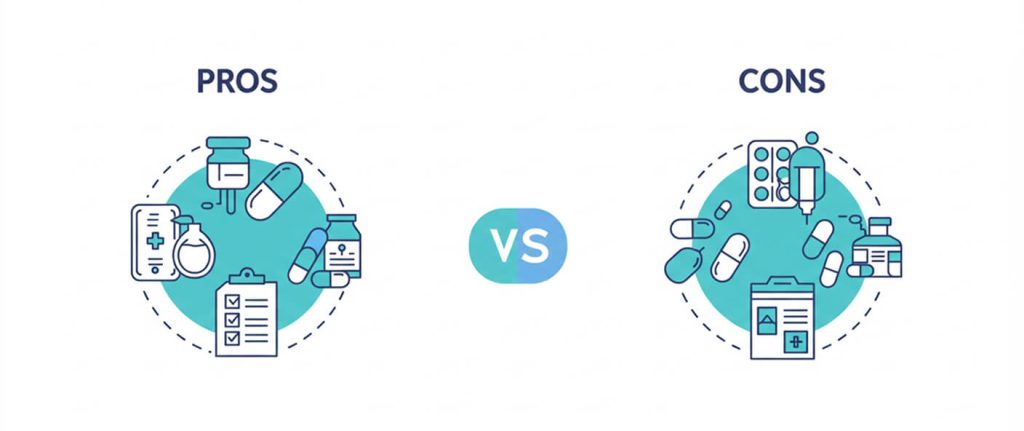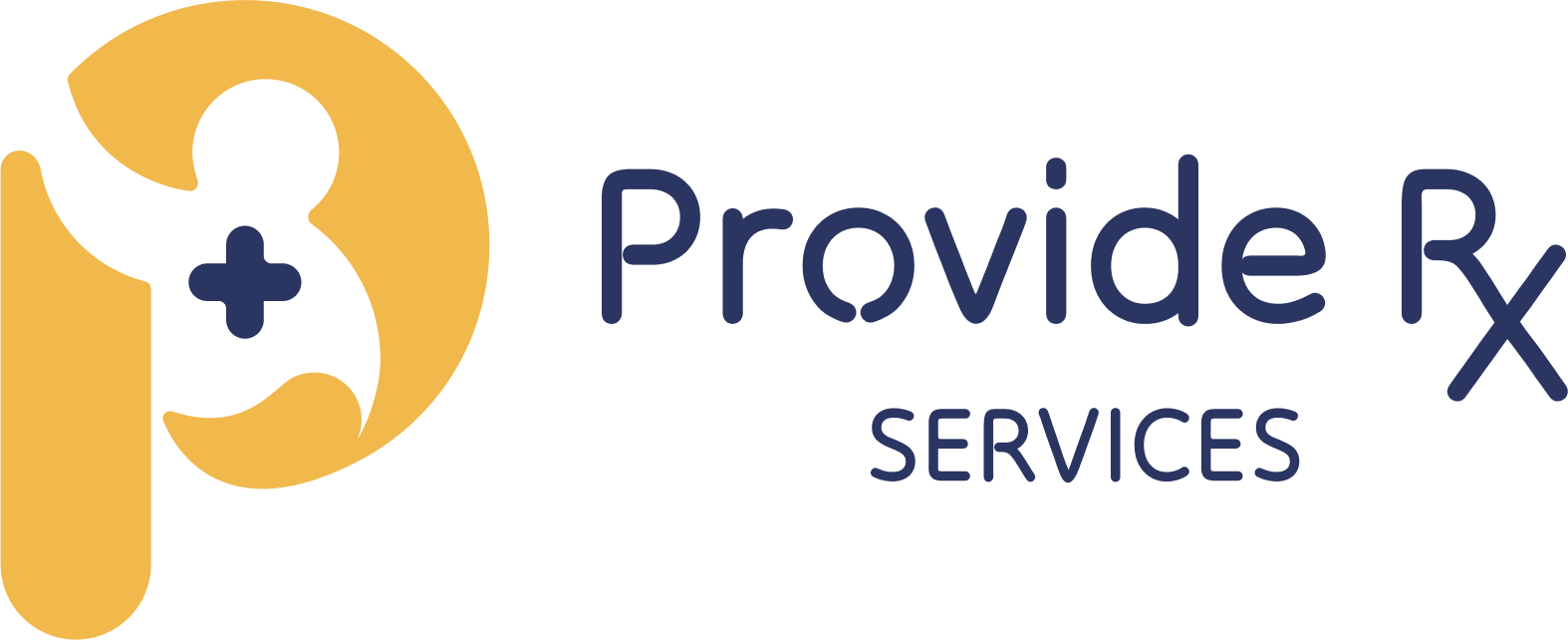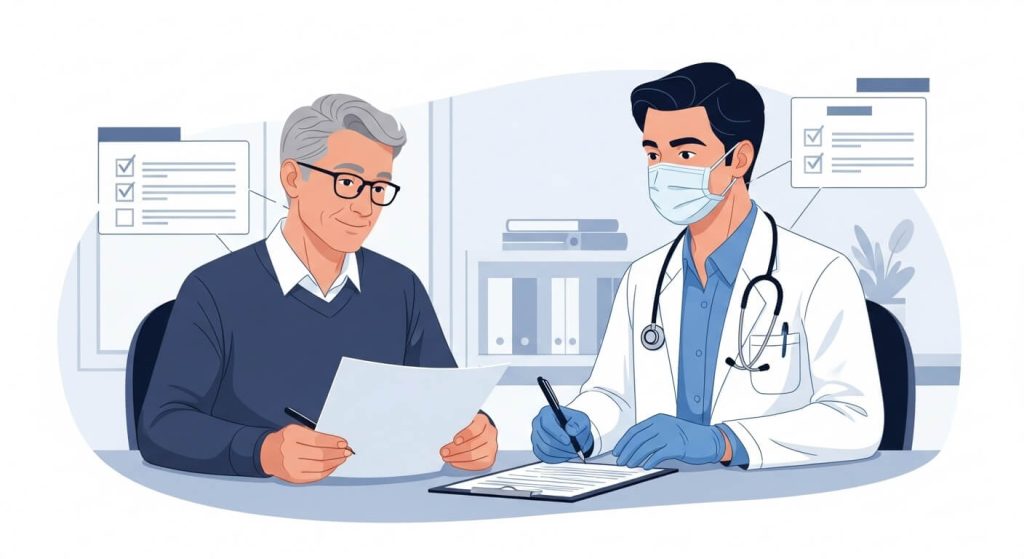If you’ve ever stood in a pharmacy holding two versions of the same prescription — one labeled with a familiar brand and another marked as “generic” — you’ve likely wondered: Is there really a difference? Understanding generic vs brand name drugs is key to making informed choices, saving money, and protecting your health.
For Americans facing high prescription prices, knowing when to choose generic medication could mean hundreds (or even thousands) of dollars in yearly savings — without sacrificing quality or effectiveness.
What Are Generic vs Brand Name Drugs?
Brand-name drugs are developed, tested, and marketed by pharmaceutical companies that hold patents on the medication. These patents give them exclusive rights to sell the drug for a certain period. Once that patent expires, other manufacturers can produce generic versions, which must meet the same FDA standards for quality, safety, and efficacy.

Generics contain the same active ingredients as their brand-name counterparts, meaning they work in the same way and provide the same clinical benefits. The main differences often come down to appearance, inactive ingredients, and — most importantly — price.
FDA Standards and Safety of Generic Medication
Some people assume that lower cost means lower quality. In reality, the U.S. Food and Drug Administration (FDA) requires generic medications to be bioequivalent to their brand-name versions. That means:
- Same active ingredients and dosage strength.
- Same route of administration (pill, injection, topical, etc.).
- Same safety, quality, and performance standards.
The FDA conducts rigorous testing before approving a generic drug, and ongoing quality checks ensure consistency.
For additional assurance, the FDA’s official generic drugs resource provides full details on how generics are evaluated.
Cost Savings: Why Generics Are Often the Smarter Choice
Here’s where generic medication shines — price. Without the original manufacturer’s marketing expenses and after patent expiration, generics typically cost 80–85% less than brand-name drugs.
For example:
- A brand-name medication costing $300 a month may have a generic equivalent for $40 or less.
- Insurance co-pays are often lower for generics, and some pharmacies offer them at steep discounts through savings programs.
This cost gap is one reason why many Americans exploring medical tourism in Tijuana choose to purchase generics — they can combine already lower U.S. generic pricing with additional savings abroad.
Pros and Cons of Choosing Generic Medication
Advantages of Generics:
- Significant cost savings.
- Same active ingredients and efficacy as brand names.
- Widely available once patents expire.
Potential Drawbacks:
- Different inactive ingredients may cause allergies in sensitive individuals.
- Variations in pill size, shape, or color that may confuse some patients.
- Certain brand-name-only drugs may not yet have a generic equivalent.

When a Brand-Name Might Be Necessary
While generics work for most people, there are cases where a brand-name prescription is recommended:
- Narrow therapeutic index drugs (where small changes in dose can affect results).
- Certain medications for conditions like epilepsy or thyroid disorders.
- When the patient has a proven allergy to an inactive ingredient in the generic version.
Always discuss options with your healthcare provider before switching.
How to Talk to Your Doctor About Switching
If you’re currently on a brand-name drug, ask your doctor:
- Is there an FDA-approved generic equivalent?
- Would a switch require dose adjustments or follow-up tests?
- Could generic medication meet my treatment goals at a lower cost?
You can also request that your prescription be written as “substitution permitted” so your pharmacist can offer a generic version when available.
Final Thoughts
The choice between generic vs brand name drugs comes down to informed decision-making. For many Americans, generics offer a safe, effective, and far more affordable path to treatment — and with options like cross-border pharmacy access, those savings can grow even more.
If you’re looking to explore affordable prescription options, including trusted generics, our team at Provide Rx Health can help you navigate your choices confidently.
Contact us today to learn how you can save without compromising your care.




